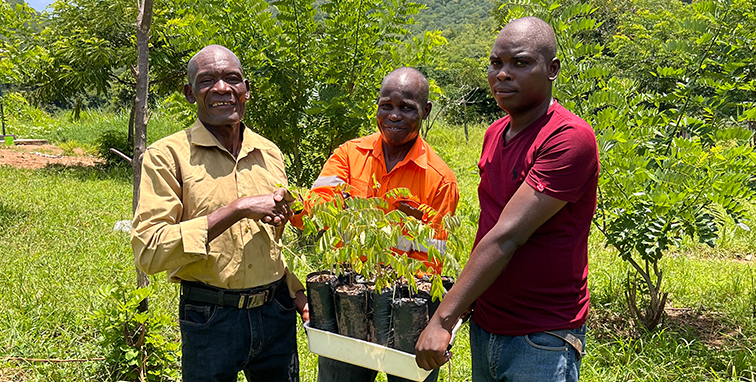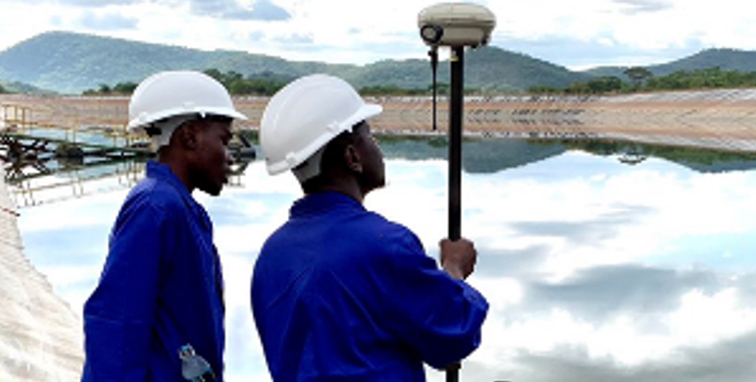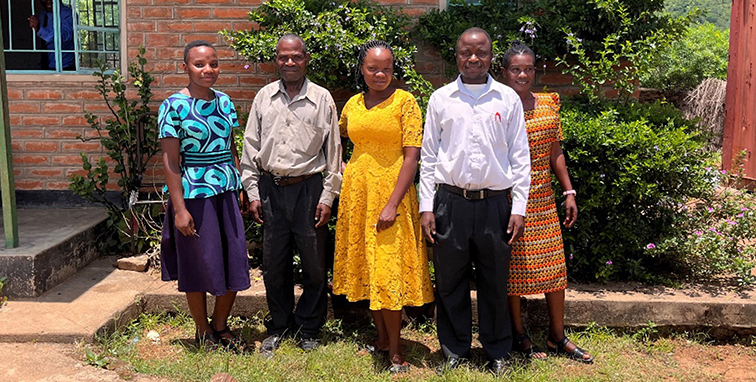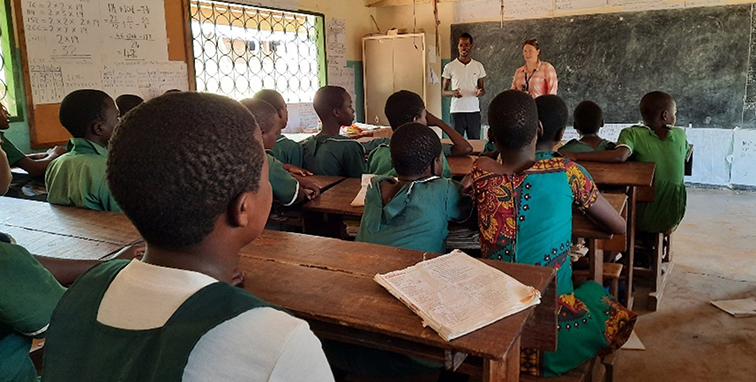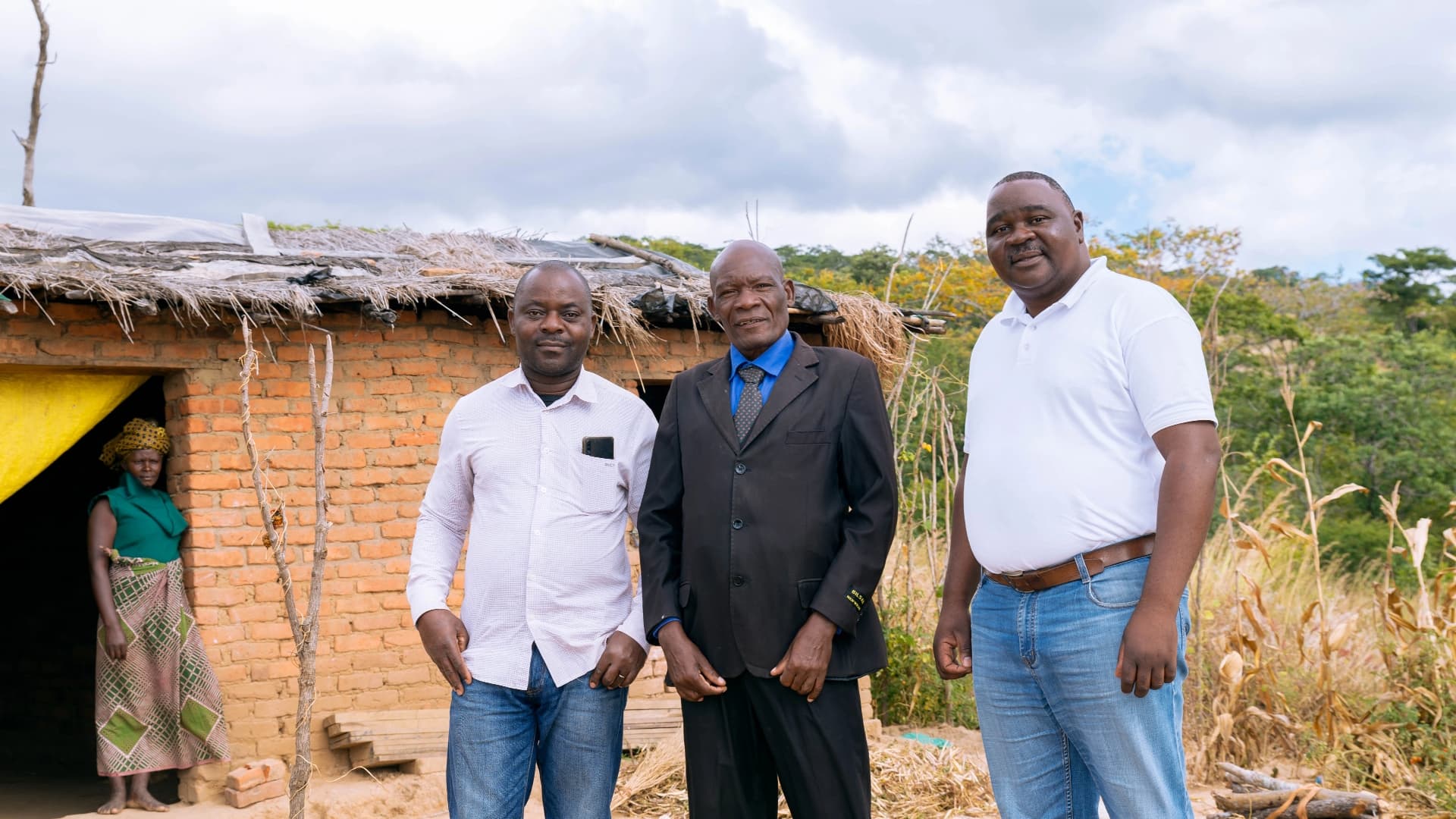
ENVIRONMENTAL,
SOCIAL & GOVERNANCE
LOTUS’ VISION
To be a responsible uranium producer, building strong local communities, a safe and healthy work environment and making a positive contribution to a carbon free future.
LOTUS’ VALUES
Our values underpin our culture and are fundamental in setting and communicating our expectations across the organisation.

We are Real
We act with honesty and integrity and don’t greenwash

We Care
We care about our people, our community, and our environment

We are Disciplined
We do what we say we’ll do

We Achieve
We deliver on our commitments

We are a Team
We support each other and work collaboratively.
SUSTAINABILITY AT LOTUS
At Lotus, we recognise that we are part of a global community. As part of this community, we are committed to operating our business in a sustainable manner that ensures our people are safe and well-supported, Malawian communities prosper, and the environment is well cared for so that we benefit future generations.
Lotus is committed to being courageous and innovative in our approach to sustainability, and to continuously improve the way we do business. Embedding sustainable actions into our company strategy enables us to mitigate future risks and take advantage of arising opportunities.
Overview
Lotus is striving to become a sustainability leader, contributing to a sustainable low carbon future. Guided by the Global Reporting Initiative Standards (GRI), and engagement with our stakeholders, we have established the key sustainability focus areas for our current stage of development.
These focus areas align closely with the United Nations Sustainable Development Goals (SDGs) and we will be reporting annually on our contribution to the SDGs.
Environment
Uranium is a key energy pillar in the world’s transition towards a Net Zero future. In addition to developing a project focused on reducing global GHG emissions, a key part of our strategy is to find effective measures and energy sources to reduce Kayelekera’s carbon emissions.
Lotus has commenced its journey to report against the Task Force on Climate-related Financial Disclosures (TCFD) framework. The TCFD framework is structured around four areas: governance, strategy, risk management, and metrics and targets. These disclosure recommendations will provide transparency on our climate-related risk exposure and help us to implement appropriate mitigation measures and capture opportunities.
Social
We value our people and our stakeholders, and their safety and wellbeing is our number priority.
We believe that effective engagement with our stakeholders and the communities that surround the Kayelekera Mine is fundamental to enhancing business productivity and sustainability on all its projects. We are committed to continuing to engage with our Malawian communities and other stakeholders including Government, NGOs, and other community groups proactively and meaningfully.
Governance
Lotus Resources and its Board are committed to achieving and demonstrating the highest standards of corporate governance and acting with integrity, honesty and cultural sensitivity in all its dealings.
Legal and regulatory compliance is a core responsibility for the Company. Effective and robust corporate governance is important to meet objectives, create long term shareholder value, and deliver on our values and purpose.
We seek to comply with all legal and regulatory obligations and to have a positive impact in the jurisdictions in which we operate.
The development of the Kayelekera Mine has the potential to make a positive and long-lasting contribution to the local and national economy in Malawi. The following case studies are examples of the community and environmental initiatives undertaken by Lotus during FY23.
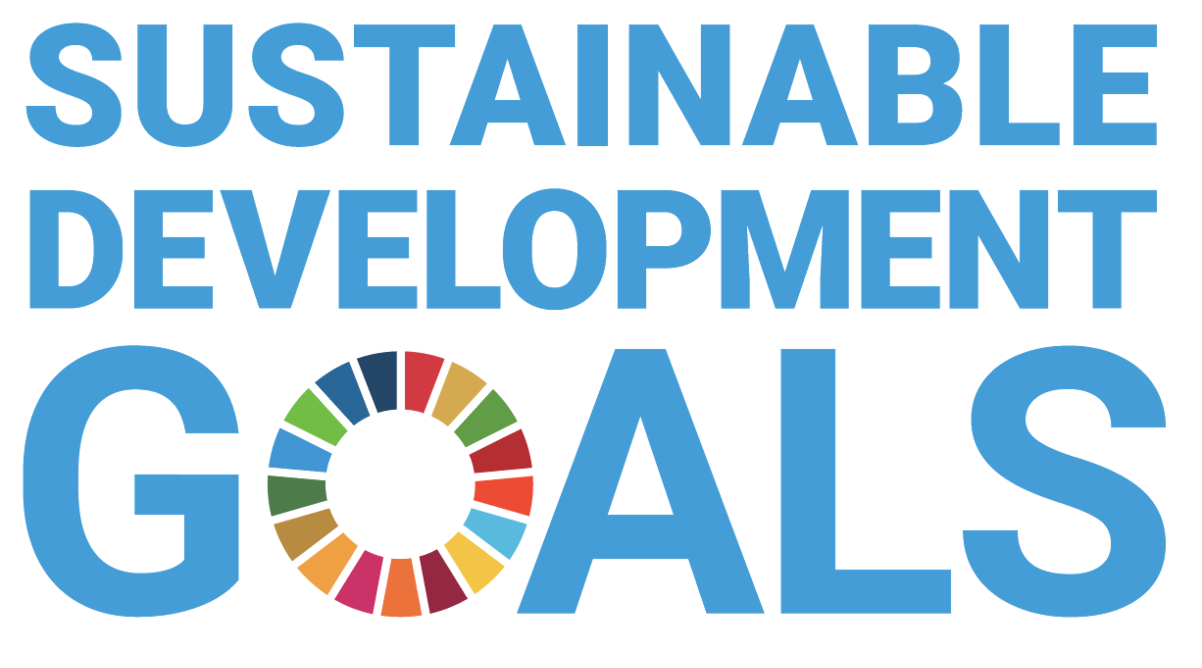
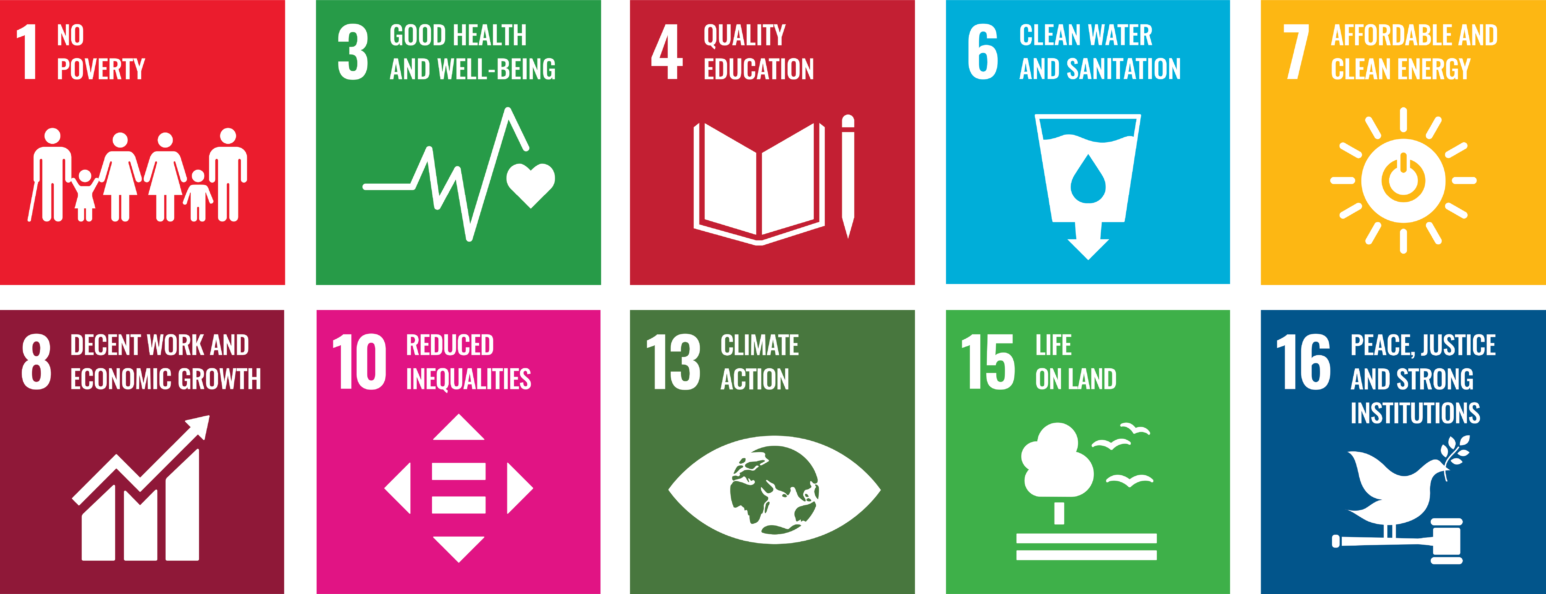
The United Nations (UN) Sustainable Development Goals (SDGs) were developed in 2015 and serve as a universal set of goals, that aim to wipe out poverty, fight inequality and tackle climate change by 2030. The SDGs are a call for action by all countries and companies to promote prosperity while protecting the planet. They recognise that to end poverty, we must work together with strategies that build economic growth and address a range of social needs including education, health, social protection, and job opportunities, while tackling climate change and environmental protection.
We have consulted with internal and external stakeholders to seek feedback regarding what sustainability topics are consider most important for Lotus and the Kayelekera Mine. From this process, we have selected nine SDGs which we consider most important to the business and have set targets towards these SDGs and will be reporting annually on our contribution.
